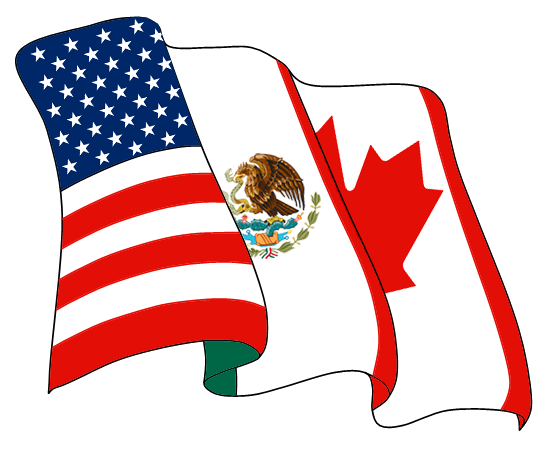Obama Signs Overhaul of Financial System

The New York Times article I chose is about passage of the legislation, The Dodd–Frank Wall Street Reform and Consumer Protection Act, a response to the 2008 financial crisis that tipped the nation into the worst recession since the Great Depression. The law subjects more financial companies to federal oversight and regulates many derivatives contracts while creating a consumer protection regulator and a panel to detect risks to the financial system.
The savings and loan crisis of the 1980s and 1990s (commonly referred to as the S&L crisis) was the failure of 747 out of the 3,234 savings and loan associations in the United States. The concomitant slowdown in the finance industry and the real estate market may have been a contributing cause of the 1990–1991 economic recession.As a result of the savings and loan crisis, Congress passed the Financial Institutions Reform, Recovery and Enforcement Act of 1989 (FIRREA) which dramatically changed the savings and loan industry and its federal regulation.Some commentators believe that a taxpayer-funded government bailout related to mortgages during the savings and loan crisis may have created a moral hazard and acted as encouragement to lenders to make similar higher risk loans during the 2007 subprime mortgage financial crisis.
Sources: http://www.nytimes.com/2010/07/22/business/22regulate.html















